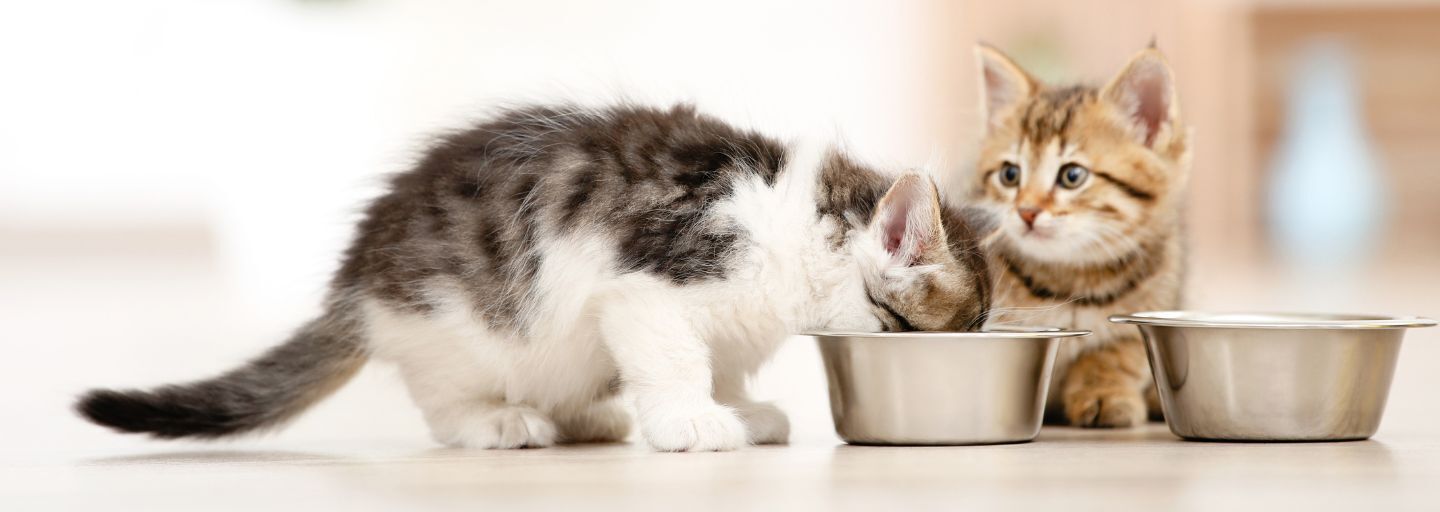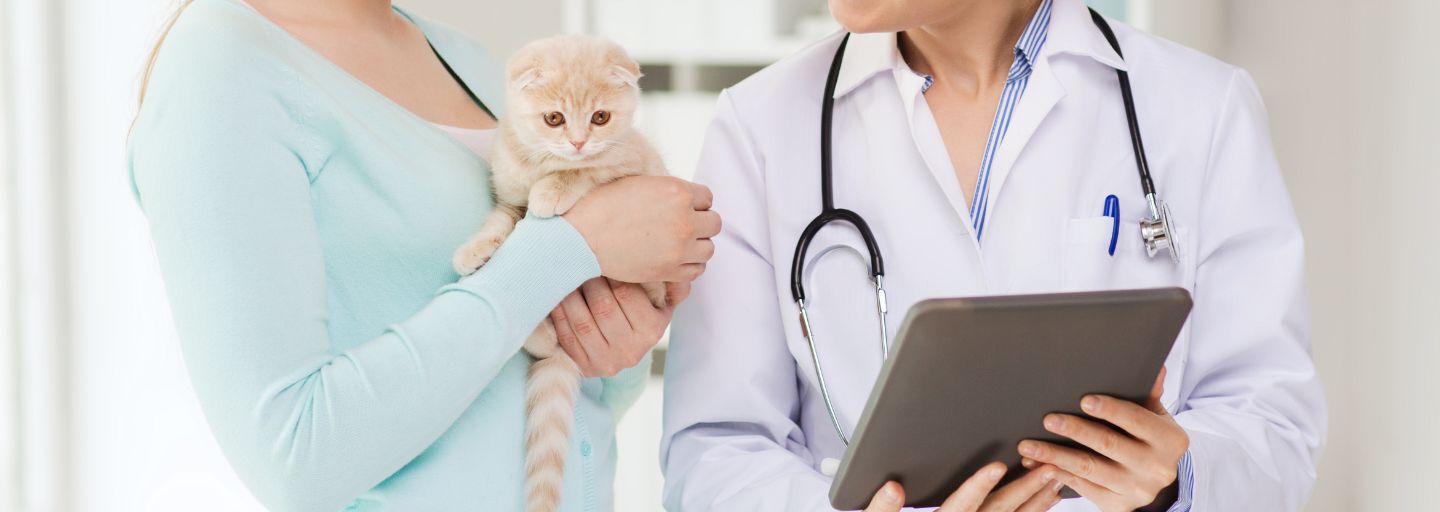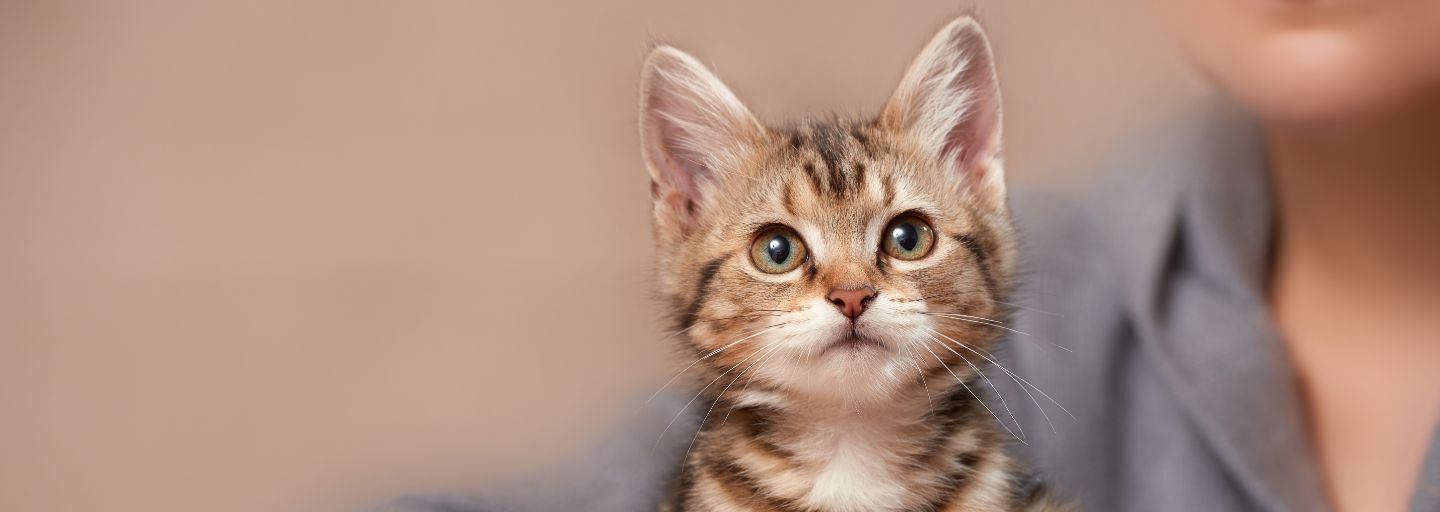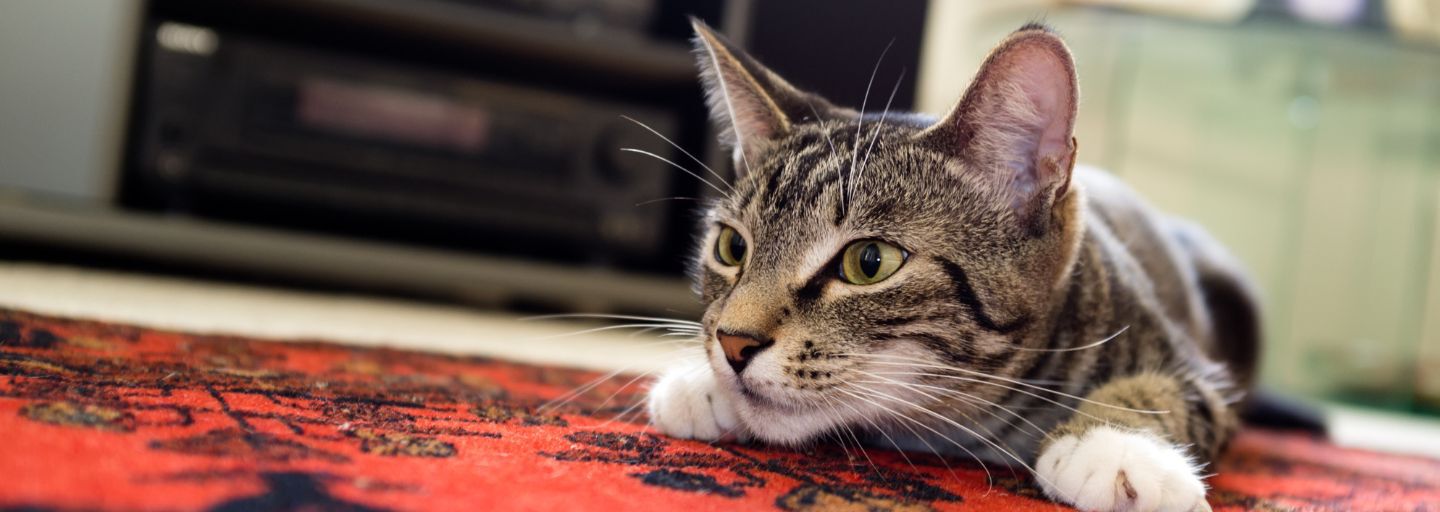Feeding your growing kitten specially formulated kitten food is an essential part of raising a happy and healthy cat. Cats are strictly carnivores and have very specific nutritional needs, which are different from dogs. That's why feeding your kitten a complete and balanced diet plays an essential role in their development.
Feeding your kitten:
We recommend feeding your kitten three meals a day until they are six months of age. At six months, your kitten will closely resemble an adult in size, but they are still a kitten and should continue eating a diet made especially for kittens. You can adjust their feeding to two meals a day instead of three. Don't be worried if your kitten's appetite decreases slightly between four to seven months of age. As they lose their baby teeth, they may eat a little less because their gums are sore, but by the time they are seven months old, most of your kitten's permanent teeth should have come through.
One of the advantages of feeding your kitten dry food, apart from the convenience, is that dry food can help decrease the rate of tartar accumulation on your cat's teeth. By the time your kitten has reached their first birthday, they are officially an adult. The high-calorie requirements they had as a kitten will have gradually declined, allowing them to transition gradually to adult food.
Our feline companions differ from dogs in the way they feed. Cats are known as 'grazers' and eat between 10 – 15 small meals a day, whereas dogs tend to eat larger amounts but at fewer sittings. For this reason, most owners find a regime of tinned food in the morning or night and some dry biscuits to nibble on during the day is best suited to their cat.
Fussy eaters:
Kittens can be quite particular when it comes to their food, so it helps to remember some basic palatability tools when it comes to mealtime. Food must be at room temperature or warm (not hot or cold), and usually, strongly odorous foods, such as fish, are more likely to entice eating. Uneaten wet food must be discarded after 20 minutes, and uneaten dry food after 12 hours or less (do not re-use). Kittens also often dislike food that has been refrigerated (due to the temperature and smells the food may have acquired while in the refrigerator), which is why many of our tinned varieties have been designed in a single-serve can, so your kitten can have a fresh meal every time.
To avoid turning your cat into a fussy eater, try using one cat food exclusively. If you do want to switch foods, do so gradually over a period of about seven to 10 days to avoid digestive upsets and to allow your kitten to get accustomed to the different taste. Begin the changeover by giving them a small portion of the new food with their present food. Gradually increase the new food and decrease the amount of the old food until your kitten is solely on the new food.
Kittens can also have specific preferences for the dish their water or food is supplied in. Some cats prefer ceramic bowls, while others may have a preference for stainless steel or plastic.




